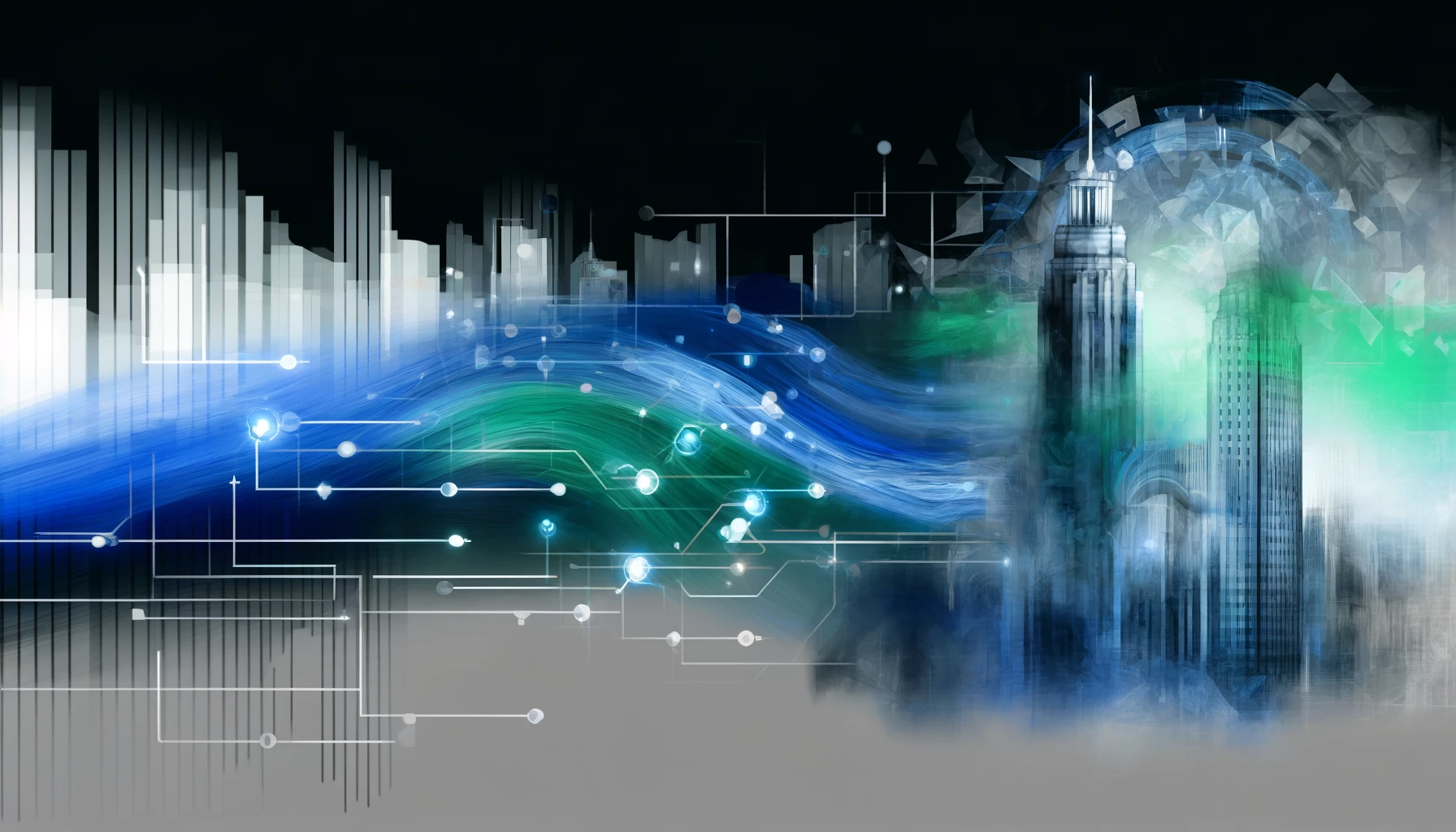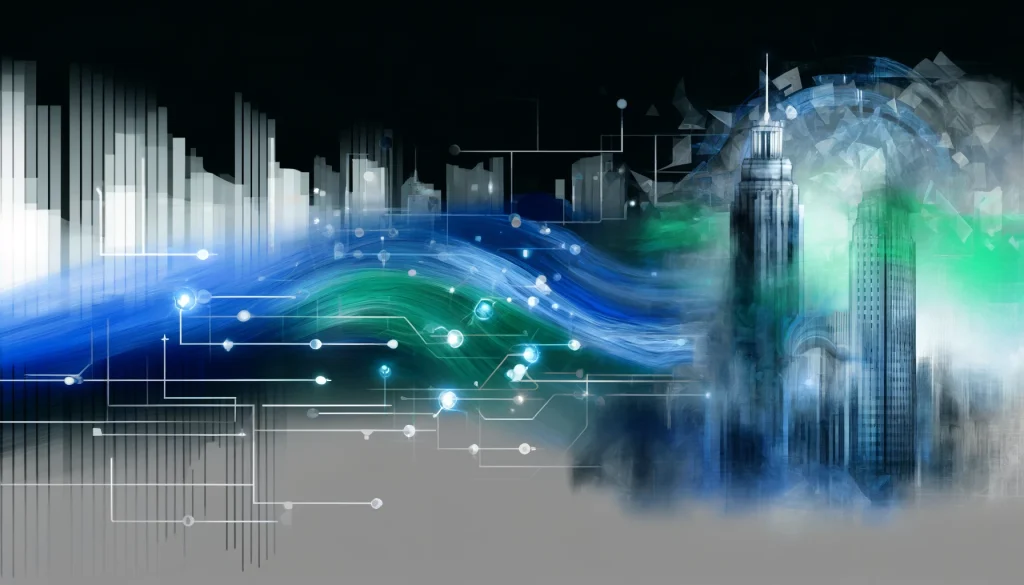The landscape of Wall Street is changing as artificial intelligence (AI) becomes more prevalent in investment companies. Recent reports from insiders at major banks like Goldman Sachs, Morgan Stanley, and Deutsche Bank show that AI could bring about a job crisis for many analysts, especially junior ones. employment apocalypse.

Charles Stross, a prolific science fiction author, often explores the link between advanced technology and the economy in his works. Like other science fiction writers, he speculates on how technological advances can disrupt established systems and their consequences for humanity. The case of AI in investment is a prime example of this.
In his book “Accelerando”, Stross depicts a world where AI and other autonomous technologies profoundly alter economic activities and societal structures. In the book, technology advances at a pace that surpasses organizations' ability to adapt in traditional ways.
Today, science fiction becomes reality. According to sources cited by the New York Times, this is already happening in some parts of the finance sector.
Becoming a reality
The new generation of junior analysts is threatened by AI's ability to perform financial modeling, risk assessment, and data analysis faster and more accurately than humans. This reduces the need for entry-level positions that have traditionally served as training for future financial leaders.
According to Christoph Rabenseifner, the chief strategy officer for technology, data, and innovation at Deutsche Bank, the concept of simply replacing junior analysts with AI is the easy solution. However, he noted that senior human staff will still be essential.
At first glance, it may seem difficult to sympathize with Wall Street professionals, often viewed as powerful figures in the financial world. However, the AI revolution primarily threatens those at the start of their careers—junior analysts—who are most susceptible to being replaced by algorithms that can complete tasks in seconds, while humans would take hours. This shift could lead to lower salaries and reduced hiring, as AI assists or even replaces tasks typically carried out by human analysts.
As AI continues to permeate the financial sector, traditional roles, particularly those related to market forecasts and trading, are being redefined. Algorithms can now rapidly analyze extensive datasets, identify patterns, and execute trades at speeds unreachable by humans. This technological change is especially apparent in how AI systems handle derivatives trading, such as short futures for hedging against market downturns or capitalizing on predicted declines. This capability has lessened the need for manual involvement by traders and analysts, resulting in a significant reshaping of job functions on Wall Street.
Most big companies know about this, but many are playing down the change. For example, a representative from Goldman Sachs stated told Business Insider that the bank is in the “early stages” of looking into AI technology, and despite being “pleased” with the results, it has no intentions of decreasing hirings due to AI. This may only be true for now.
However, other companies appear to be more focused on AI.
In his annual letter to shareholders, JPMorgan boss Jamie Dimon said AI has the potential to “reduce certain job categories or roles.” It’s not exactly clear what roles he meant, but it is likely that junior analysts who perform lower-level work are most at risk.
But as always, this doesn’t necessarily have to be negative. It could end up freeing junior analysts to work on more interesting things.
“AI will enable us to do tasks that take 10 hours in 10 seconds,” JPMorgan’s head of investment banking Jay Horine told the Times, speaking about Wall Street analysts. “My hope and belief is it will make the job more interesting.”
But as Wall Street stands on the brink of an AI-driven transformation, this positive change can only occur if industry leaders, policymakers, and educational institutions expect these changes and start getting ready for them. That's why we have science fiction. Stross’s work encourages us to think about the transformation of professional identity in the face of technological upheaval—so we can avoid the problems of uncontrolled technological progress and ensure a future where human and artificial intelligence work together productively, improving both our economic systems and individual roles within them.
As routine analytics and risk assessments move to algorithms, the role of the analyst is pushed towards areas that AI struggles with—creative problem-solving, ethical judgment, and strategic oversight. Humans still have tasks to carry out.









